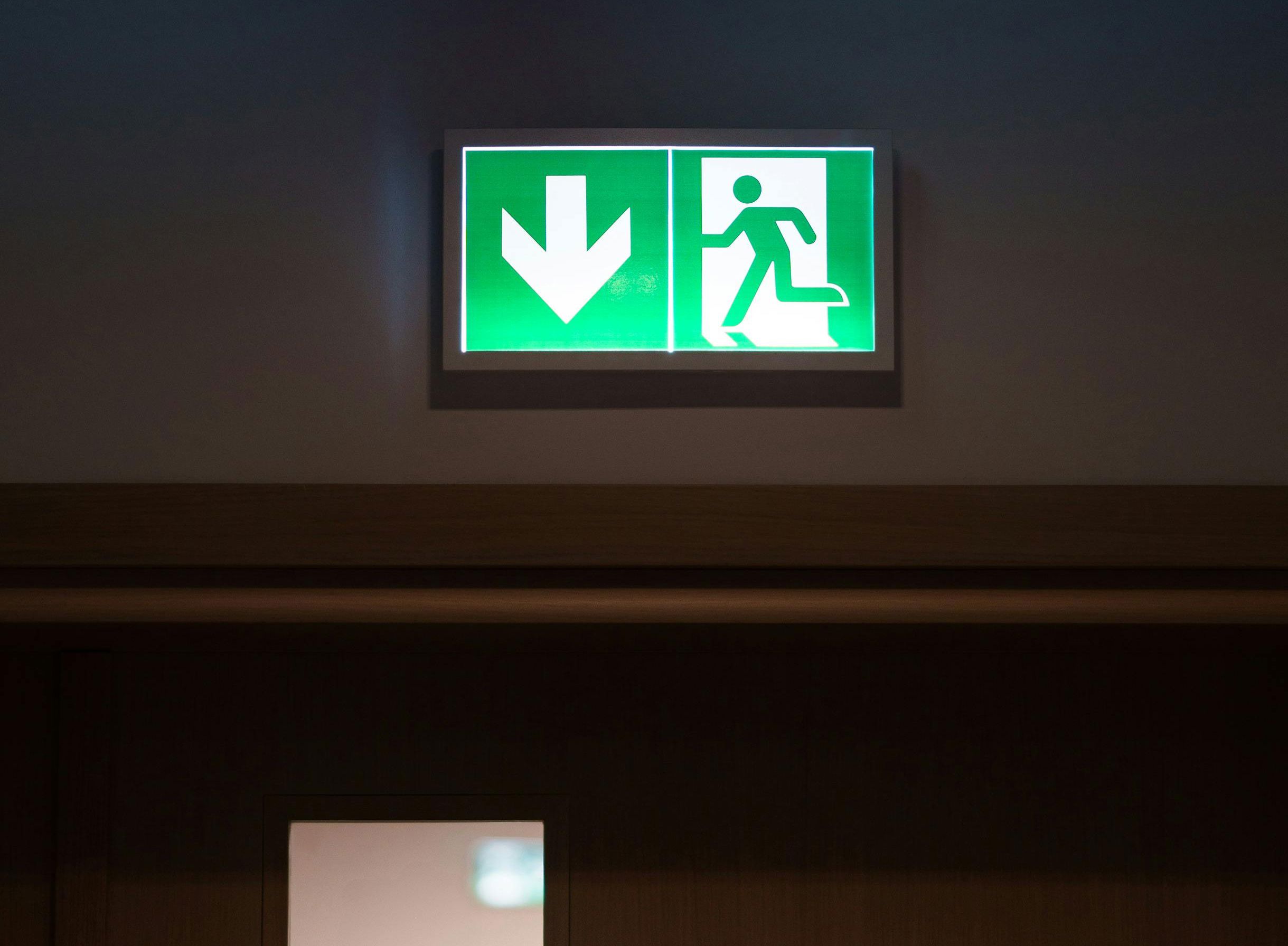We’re now reaching that point of the year where large proportions of your workforce are likely to be heading off for some well-deserved holiday time. A lot of businesses fail to fully appreciate the health and safety implications of this mass exodus from the workplace. Here are some simple things that you might want to consider:
-
First Aid – There is a legal requirement under the First Aid at Work Regulations for there to be a minimum of an appointed person on site at all times when work is being undertaken. If your First Aiders are on holiday, who is going to provide cover in their absence? We recommend that you always have more than one First Aider within your business so that you can account for absence and holidays. The one-day Emergency First Aid at Work course is a good option that doesn’t take up too much valuable time and money.
-
Supervision – Even management are allowed to take holidays from time to time, but who is going to fulfil their role when they’re not at work? Adequate supervision is a requirement of the Health and Safety at Work etc. Act, and this is particularly important if you have young persons, new or inexperienced staff, or apprentices on site. You should ensure that the person that is left in charge is sufficiently experienced and understands the tasks and role that they are expected to fulfil until normality resumes.
-
Use of Equipment – Whilst employees are on holiday, the work must continue. Often, it’s the case that the equipment is used by untrained and inexperienced users during holiday periods. The argument is that, “it’s obvious how to use the equipment”, however the number of accidents involving inexperienced users would suggest otherwise. Ensure that you plan for the absence of trained workers and that those asked to fill in for their tasks are appropriately trained to do so.
-
Accidents & Emergencies – You should ensure that those left in the business understand your company’s accident and emergency procedures. If it all goes horribly wrong, who will record and investigate accidents? Some things shouldn’t be left for weeks as there may be underlying causes that need to be fixed immediately to prevent further incidents from occurring. If there’s an emergency, are there policies and procedures for employees to follow? Remember that in an emergency the natural reaction is to panic. If there’s a written procedure to follow, then it’s much more likely that the incident will be managed more effectively.
If you can ensure that you have the correct form of cover in place for staff absence, your business will be able to continue working effectively and safely while everyone enjoys a bit of rest and recuperation.






